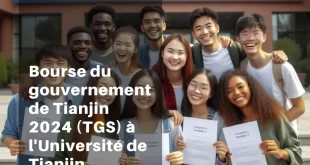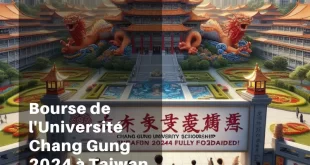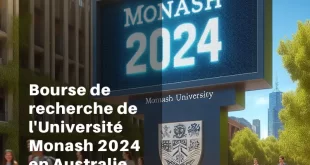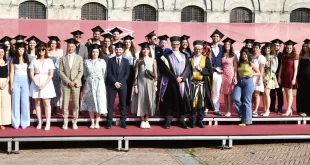The HMI lab does research into multimodal interaction: from brain computer interfaces to social robots. It is a multidisciplinary group in which computer science meets social science to investigate and design and evaluate novel forms of human-computer interaction. The HMI goup is also part of the Personalised eHealth Research Program, a newly established research and innovation unit that combines expertise from the fields of Healthcare Technology, Human-Computer Interaction, Industrial Design and Psychology to develop monitoring and coaching technologies for the healthcare area.
We are looking for a PhD candidate who is keen to do research and write a thesis in the field of chatbots and dialogs in healthcare. Besides research into the field, the research will contribute to the design, implementation and evaluation of the developed platform.
In collaboration with Universitair Medisch Centrum Utrecht we will design and develop the eCG family clinic: the electronic Cardiovascular Genetic family clinic to facilitate genetic screening in family members. In inherited cardiovascular diseases, first-degree relatives are at 50% risk of inheriting the disease-causing mutation. For these diseases, preventive measures and treatment options are readily available and effective. Relatives may undergo predictive DNA testing to find out whether they carry the mutation. More than half of at-risk relatives do not attend genetic counselling and/or cardiac evaluation.
In order to increase the group of people that will attend the genetic counseling and/or cardiac evaluation the eCG family clinic will be developed. eCG Family Clinic is an online platform where family members are provided with general information (e.g. on the specific family disease, mode of inheritance, pros and cons of genetic testing and the testing procedure). The users of the platform will be able to interact with a chatbot.
Applicants are expected to contribute and take responsibility for research and development related to the following parts of the project.
- Designing and developing of a chatbot and its functions and roles within the platform
- Translating current treatment protocols into prototypes of the chatbot
- Evaluating user experience and user satisfaction
The applicant is a team player: cooperation in a multi-disciplinary project team is required for realizing the project objectives. The prototypes and platform will be developed in collaboration with the user committee. The applicant is co-responsible for the timely writing of project deliverables and research publications.
Your profile
You are highly motivated to work on natural multimodal dialogue systems taking a user-centered design perpective. You have a MSc degree in Computer Science, Human Media Interaction, Computational Linguistics or Artificial Intelligence, preferably with a specialisation in dialog systems.
We welcome ambitious candidates with excellent communication and social skills. Fluency in Dutch is necessary to collaborate with patients and health professionals. Fluency in English is required to present your work at conferences and project meetings. As a PhD researcher you are keen to take on responsibility and you are capable of planning and executing your work individually when required.
An assessment may be part of the application procedure.
INFORMATION AND APPLICATION
University of Twente: http://www.utwente.nl/
Human Media Interaction Group: http://hmi.ewi.utwente.nl/
Contact: Dirk Heylen (d.k.j.heylen@utwente.nl) or Randy Klaassen (r.klaassen@utwente.nl)
Please send your application before 15 April 2020 via the ‘Apply now’ button, and include:
- A motivation letter, emphasizing your specific interest and motivation to apply for this PhD position
- A detailed CV (resume);
- Contact details of at least 2 referees;
- An academic transcript of B.Sc. and M.Sc. education, including grades.
Our offer
As a PhD student at the UT, you will be appointed on a fulltime position for four years, with a qualifier in the first year, within a very stimulating scientific environment;
- The university offers a dynamic ecosystem with enthusiastic colleagues;
- Salary and conditions are in accordance with the collective labour agreement for Dutch universities (CAO-NU);
- You will receive a salary ranging from around €2.325,- gross per month at the start to around €2.972,- in the fourth year;
- Excellent benefits including a holiday allowance of 8% of the gross annual salary, a year-end bonus of 8.3% and a solid pension scheme;
- A training program in which you and your supervisor will make up a plan for additional suitable education and supervision;
- We encourage a high degree of responsibility and independence, while collaborating with close colleagues, researchers and other university staff.
 medjouel.com Study Non Stop
medjouel.com Study Non Stop



